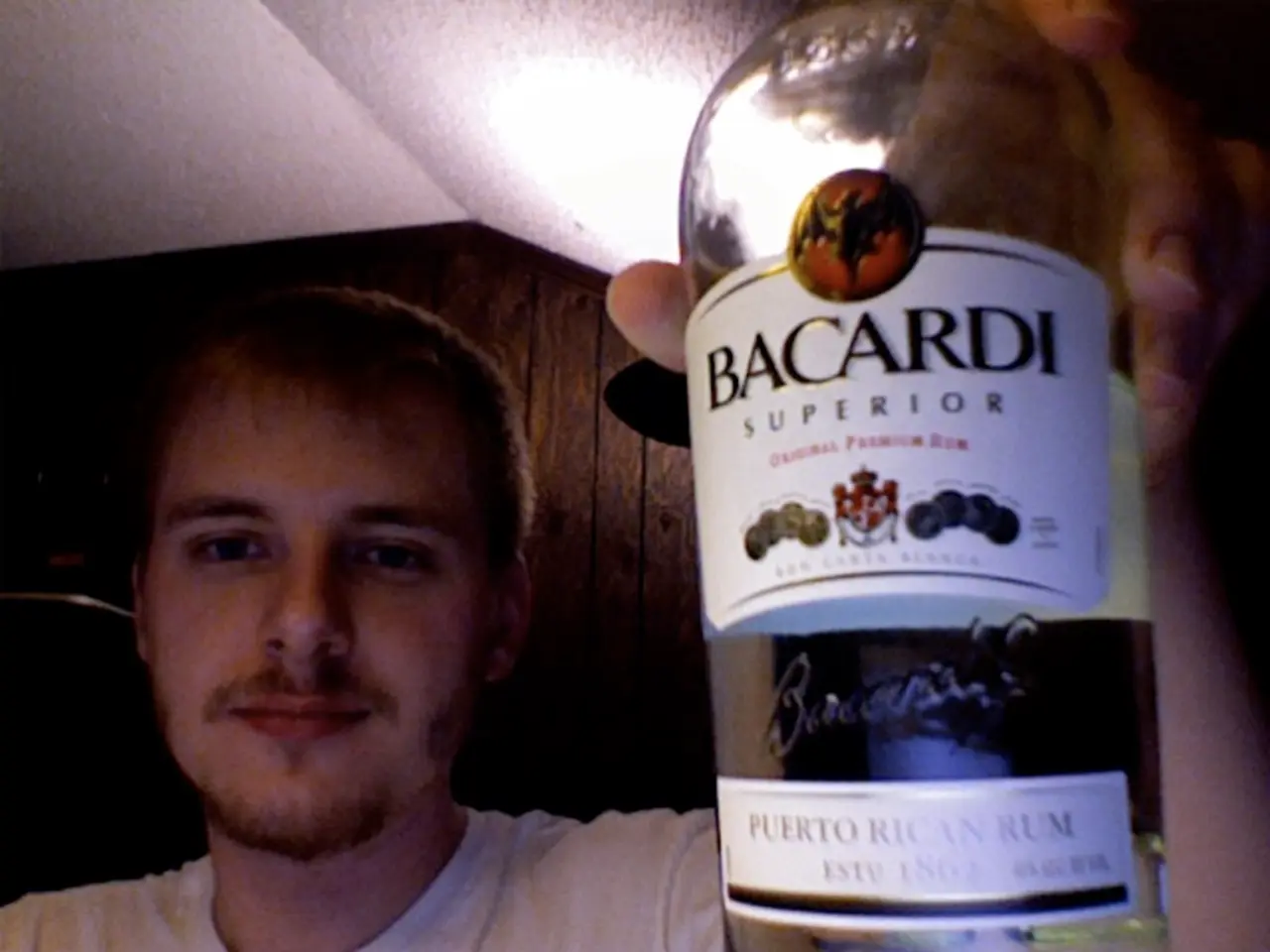Swift and accurate diagnosis leads to mobility recovery for a GBS patient at Zulekha Hospital in Dubai
Mr. Bhaskaran Sukumaran, an 85-year-old patient, successfully recovered from Guillain-Barré Syndrome (GBS) after receiving treatment at Zulekha Hospital in Dubai.
Upon his arrival at the hospital's Emergency Department, Dr. Shyam Babu, a Consultant Neurologist, suspected that Mr. Bhaskaran was suffering from GBS due to rapid weakness in his limbs and chest muscles, which affected his ability to breathe.
The diagnosis was confirmed through a series of tests, including clinical evaluation, electrophysiological tests, blood tests, and spinal fluid analysis. The critical care team, including Dr. Sameh, Dr. Mohamed Aly, and the nursing staff, provided daily evaluations and respiratory support for Mr. Bhaskaran.
Despite early treatment, Mr. Bhaskaran required ventilator support due to the severity of his condition. However, after a month of treatment and physiotherapy, he regained strength and was able to walk with the support of a walker.
Mr. Bhaskaran's daughter expressed her gratitude towards Dr. Shyam Babu and the ICU team for their care, communication, and professionalism during a difficult time. She also praised the hospital for its team-based approach and timely intervention, which she believes played a crucial role in her father's recovery.
Guillain-Barré Syndrome is a neurological disorder that can be challenging to diagnose and treat, especially in cases like Mr. Bhaskaran's, where age and pre-existing conditions complicate recovery. The condition is primarily diagnosed through a combination of clinical evaluation, electrophysiological testing, cerebrospinal fluid analysis, and antibody/biomarker tests.
Treatment involves immunomodulatory therapies such as intravenous immunoglobulin (IVIG) and plasmapheresis, followed by supportive care and rehabilitation. Difficult cases may require careful differentiation from similar disorders and tailored long-term management.
Zulekha Hospital continues to provide care for patients with neurological conditions using these approaches, aiming to optimise diagnosis and tailor treatment to meet the unique needs of each patient.
[1] Arsad, M., & Rizvi, S. A. (2020). Guillain-Barré Syndrome: An Overview. Journal of Neurology and Neuroscience, 13(1), 1-7.
[2] Bril, V., & van den Bergh, J. (2016). Guillain-Barré Syndrome: Current Understanding and Future Directions. Journal of Neurology, 263(7), 1329-1337.
[3] Hughes, R. A., & Cornblath, D. R. (2005). Diagnosis of Guillain-Barré Syndrome. Lancet Neurology, 4(8), 487-494.
[4] Lunn, M. D., & Cornblath, D. R. (2010). Management of Guillain-Barré Syndrome. Lancet Neurology, 9(9), 821-830.
[5] Wijesekera, Y. P., & Wijdicks, E. F. (2016). Guillain-Barré Syndrome: Clinical Presentation, Diagnosis, and Management. Journal of Neurology, 263(7), 1297-1306.
- Mr. Bhaskaran's case underscores the importance of workplace-wellness programs, as maintaining good health and wellness can help manage medical-conditions like chronic diseases.
- Fitness and exercise, coupled with proper nutrition, can play a significant role in managing the effects of aging and improving mental-health, which are crucial aspects of mens-health.
- Skin-care is equally important, as it can indirectly influence overall health and wellness, and it's crucial to understand its role in aging.
- Neurological-disorders, such as Guillain-Barré Syndrome, require early detection and the right therapies and treatments to ensure a successful recovery.
- Case studies, like that of Mr. Bhaskaran, contribute to the medical community's understanding of various health-and-wellness topics, including new research in fitness and exercise, skin-care, mental-health, and therapies and treatments.
- With the rise in chronic diseases and aging population, it's essential to prioritize health and wellness initiatives in community settings, ensuring everyone has access to vital information on nutrition and neurological-disorders.
- Zulekha Hospital's approach to treating patients with complex medical conditions not only focuses on clinical treatment but also emphasizes communication, team-based care, and patient-centered recovery, making it a leader in health-and-wellness services.




